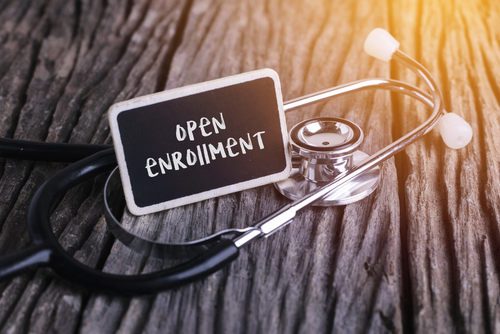A Phase 2 clinical trial, ACCEPT, is designed to determine if adding acalabrutinib to standard, first-line R-CHOP chemotherapy will benefit patients with diffuse large B-cell lymphoma (DLBCL).
The trial, ongoing in the U.K., will determine the maximum tolerated dose of acalabrutinib and assess if acalabrutinib plus chemotherapy have better anti-tumor activity than chemotherapy alone.
The trial design and endpoints were recently shared in the presentation, “ACCEPT: A phase Ib/II combination of acalabrutinib with rituximab, cyclophosphamide, doxorubicin, vincristine and prednisolone (R-CHOP) for patients with diffuse large B-cell lymphoma (DLBCL),” at the American Association for Cancer Research (AACR) Annual Meeting, April 14-18 in Chicago, Illinois.
Currently, the first line treatment for DLBCL is R-CHOP – a combination of the chemotherapy agents cyclophosphamide, doxorubicin hydrochloride, and vincristine; the CD20 antibody Rituxan (rituximab), and the steroid prednisolone. But cure rates with this regimen range from 60% to 70%, highlighting the need for improvement.
Acalabrutinib, developed by AstraZeneca, is a targeted cancer therapy that inhibits a special protein, called Bruton tyrosine kinase (BTK). In B-cell lymphomas, BTK signaling sustains the proliferation of the cancer cells.
Acalabrutinib already has shown promising effectiveness in other B-cell lymphoma subtypes. In a Phase 2 trial for mantle cell lymphoma, the treatment decreased considerably, or completely eliminated, the tumors of nine out of 10 patients.
This led to acalabrutinib’s accelerated approval in the U.S. in October 2017. The medicine is now sold as Calquence for mantle cell lymphoma patients.
The ACCEPT trial (2015-003213-18) is designed to evaluate if adding acalabrutinib to standard treatment is safe and improves treatment responses in patients with diffuse large B-cell lymphoma, the most common type of non-Hodgkin’s lymphoma.
DLBCL patients whose cancer produces the CD20 factor, with measurable disease, and who have not been treated for lymphoma are eligible to participate. The trial hopes to recruit 40 patients.
All patients will receive six, 21-day cycles of R-CHOP chemotherapy, and acalabrutinib will be added for cycles 2-6. Patients then will receive acalabrutinib for two additional 28-day cycles.
ACCEPT will be conducted in two parts. In the Phase 1 part, researchers will evaluate the safety and toxicity of two acalabrutinib doses — 100 mg once daily and 100 mg twice daily — plus R-CHOP. They also will determine the maximum dose tolerated by patients.
Then, in the second part of Phase 2, researchers will determine the anti-tumor activity of the combination. The trial is expected to complete by Dec. 31, 2021.


